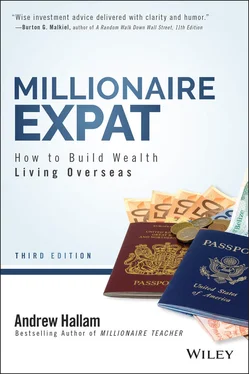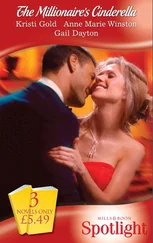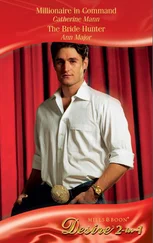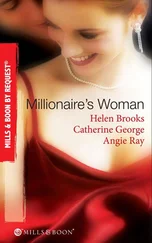The same premise applies to other countries' stock markets. As a group, because institutional and unit trust money represents the vast majority of assets invested in a given market, the average institutional investor and unit trust will earn (on average, before fees) the market's return. William F. Sharpe explained this in the Financial Analysts Journal in 1991, one year after he won the Nobel Prize in economic sciences. 2
It's easy to visualize with a story. Imagine 100 students in a school called Unit Trust. Assume all 100 take an exam, and the school invites four or five kids from outside the district to join them. If the average exam score were 80 percent, the average Unit Trust student would have earned close to 80 percent. The four or five students from outside the district would not affect the average.
In the same vein, because institutional and unit trust money comprises nearly all of the assets in the British market, the return of the stock index will be close to the average British professional's stock market performance.
Yes, the Financial District Loves You!
You don't need to be Stephen Hawking to know that those in the British financial district don't work for free. Instead, they're among the highest‐paid people in Britain. Who pays them? British investors, of course. If you invest in a pension or a unit trust, you're paying their salaries.
Most retail investors buy actively managed unit trusts. In North America, they're called actively managed mutual funds. In most cases, they're purchased through an intermediary advisor or broker. The broker then puts the money into a mutual fund. Once there, the cash gets pooled with money from other investors, like your Aunt Lucy, your friend Bob, and the strange homebound bloke with the telescope.
A fund manager then trades stocks within the unit trust. A large brokerage house charges commissions for each trade. But neither the fund manager nor his or her firm is generous enough to pay those commissions. Instead, the costs are skimmed from the mutual fund's proceeds. Can you see where this is headed?
The brokerage firm incurs other costs as well: salaries for employees, research expenses, electricity expenses, advertising expenses, lease expenses, and often a commission for the broker selling the products. Owners of the firm, as well, demand their share of profits. Where does this money come from? It all gets siphoned from the investment assets. Can you hear that escalator whirling?
Recall that the typical British stock earned 95.52 percent for the decade ending September 30, 2021. This means the typical professional investor (in British stocks) earned about the same. But that's before fees.
Add the plethora of costs, and the escalator starts smoking. It's a mathematical certainty that the average retail investor earns nothing close to the return delivered by the average stock, also known as the market average. Whether investors are Canadian, American, European, or Australian, they pay insidious fees to the financial services industry. Such costs jeopardize their futures.
Most of these fees, of course, are hidden from your investment statement. But they're real. And they're punishing. They also draw the ire of many.
Global Investors Getting Fleeced
Warren Buffett says, “Full‐time professionals in other fields, let's say dentists, bring a lot to the layman. But in aggregate, people get nothing for their money from professional money managers.” 3 David Swensen, Yale University's endowment fund manager, suggests that the government needs to stop the mutual fund industry's exploitation of individual investors. 4
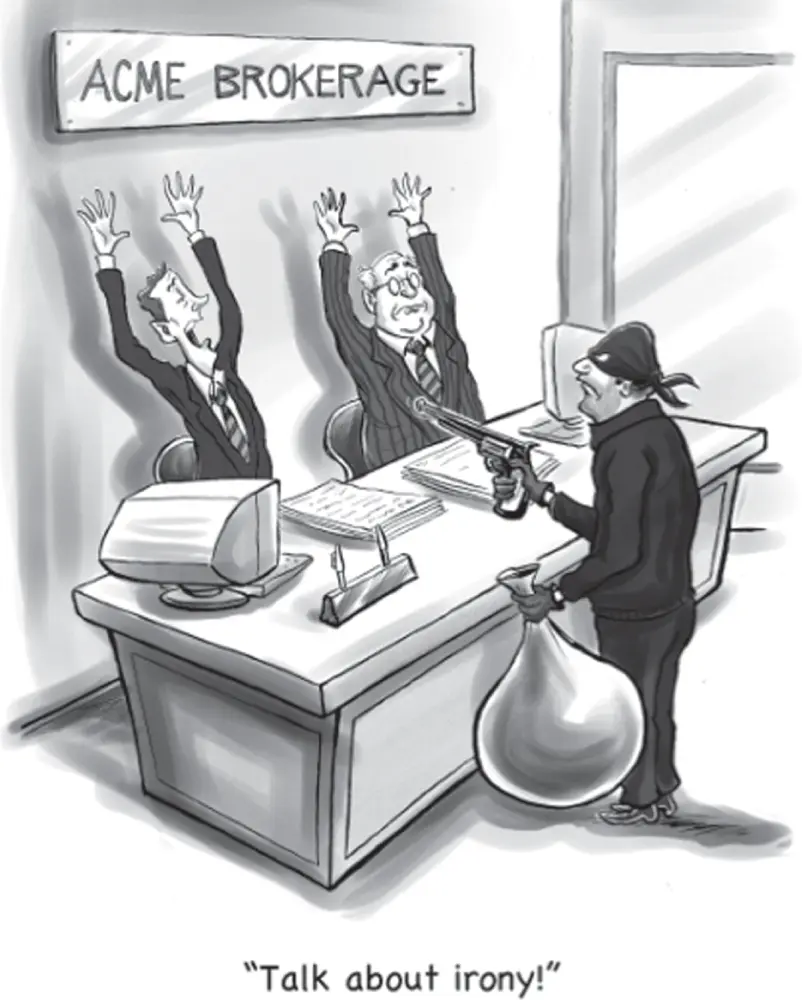
Illustration by Chad Crowe: Printed with permission.
Jack Meyer, the leader of Harvard University's endowment fund, says, “The investment business is a giant scam. It deletes billions of dollars every year in transaction costs and fees.” 5
Perhaps you're shaking your head right now. “These blokes are Americans,” you're thinking. “We all know Wall Street gouges the typical Yank.”
Table 2.1 Single‐Year Profits Siphoned by Financial Industry When Markets Earn 6 Percent
| Country |
Average Mutual Fund Costs |
Percentage of Annual Profits Lost by the Investor |
| Australia |
1.26% |
21.0% |
| Belgium |
1.75% |
29.16% |
| Canada |
2.23% |
37.16% |
| China |
1.73% |
28.83% |
| France |
1.76% |
29.37% |
| Germany |
1.46% |
24.33% |
| Hong Kong |
1.72% |
28.66% |
| India |
2.22% |
37.0% |
| Italy |
2.07% |
34.5% |
| New Zealand |
1.38% |
23.0% |
| Singapore |
1.74% |
29.0% |
| Spain |
2.0% |
33.3% |
| Taiwan |
1.91% |
31.83% |
| United Kingdom |
1.28% * |
21.37% |
| United States |
0.67% * |
11.16% |
NOTE: The average US and UK and Australian mutual fund costs are lower because they include index mutual funds, which I discuss in the following chapter.
SOURCE: Morningstar, Global Fund Investor Experience Study.
Do investors in other countries pay such fees? The answer is no. Most non‐Americans pay much more .
Morningstar's Global Fund Investor Experience Study compares mutual fund costs around the world. As seen in Table 2.1, British investors pay 91 percent more than Americans pay. Canadians pay 132 percent more than Americans pay. 6
Understanding the impact of fees is important. If you're paying 2 percent in annual fees each year to have your money managed, you may see this as a paltry sum. But it isn't. If the markets make 6 percent in a given year and you're paying 2 percent in fees, then you're giving away 33 percent of your profits to the financial services industry.
Table 2.1shows the percentages of annual fees paid by international investors. More important, note the annual profits that investors would lose if their respective stock markets earned 6 percent next year.
During years when stock markets don't perform well, the industry takes an even bigger chunk of your profits. Assume the German stock market earns 3 percent in a given year. The typical German fund investor pays a 1.46 percent annual fee. In this case, the average mutual fund (unit trust) investor relinquishes 48.6 percent of his or her annual profit.
High fees create a maddening process of two steps forward and one step back. Fortunately, there's an alternative. And by choosing it, global expats give less to the financial services industry and much more to themselves.
In the chapters ahead, I'll show how to bypass a fight with a downward‐heading escalator.
1 The financial services industry's main goal is to make money from you, not for you.
2 The typical investor loses substantial sums over time to hidden investment fees.
3 When stocks don't perform well, hidden fees take an even bigger bite from the profits you would have earned.
1 1. “MSCI UK Index,” iShares UK. www.ishares.com/uk/individual/en/products/253739/ishares-msci-uk-ucits-etf
2 2. William F. Sharpe, “The Arithmetic of Active Management,” Financial Analysts Journal, 1991. Accessed August 4, 20121. www.stanford.edu/~wfsharpe/art/active/active.htm
3 3. Warren Buffett and Janet Lowe, Warren Buffett Speaks: Wit and Wisdom from the World's Greatest Investor (New York: John Wiley & Sons, 1997).
Читать дальше
